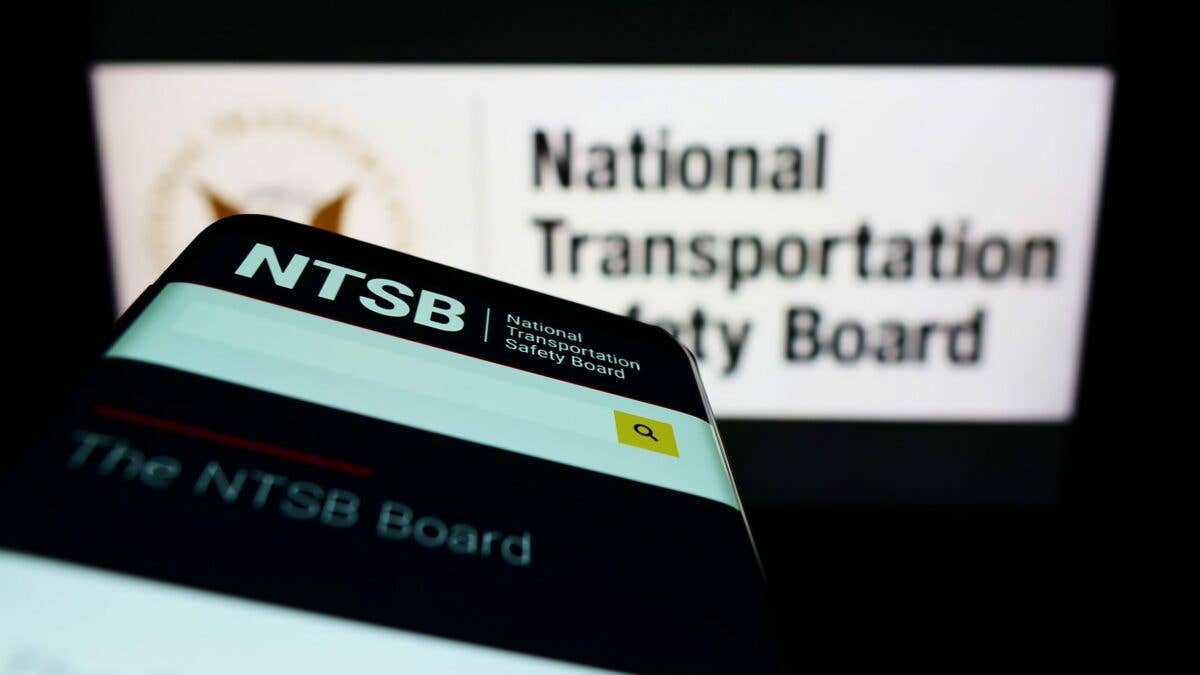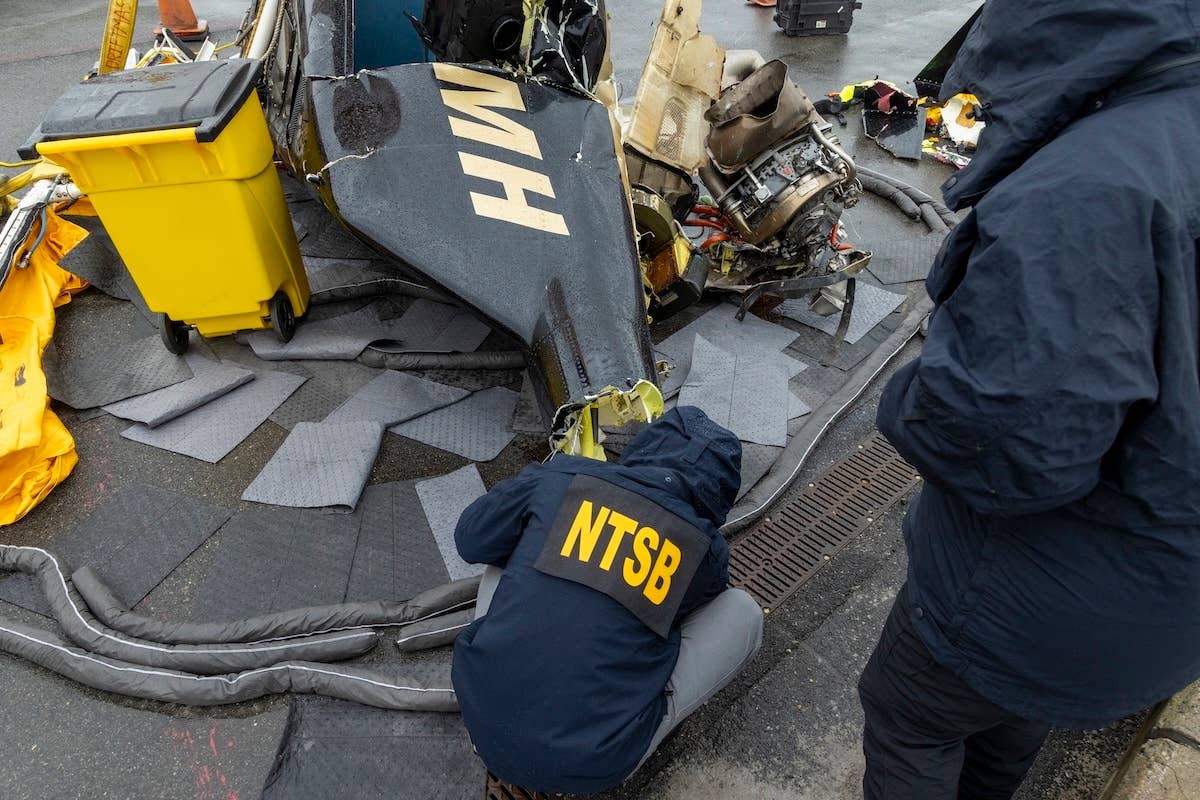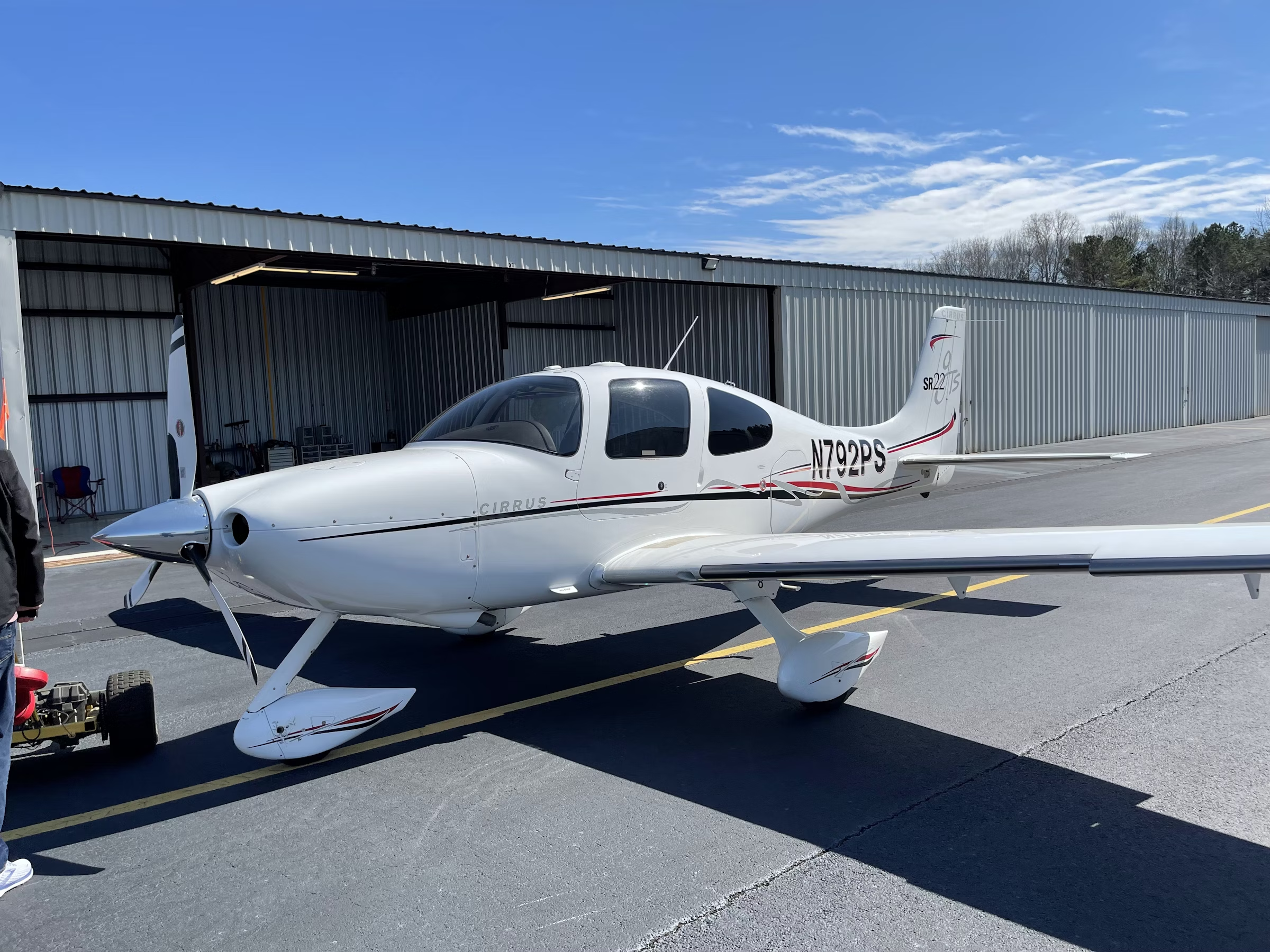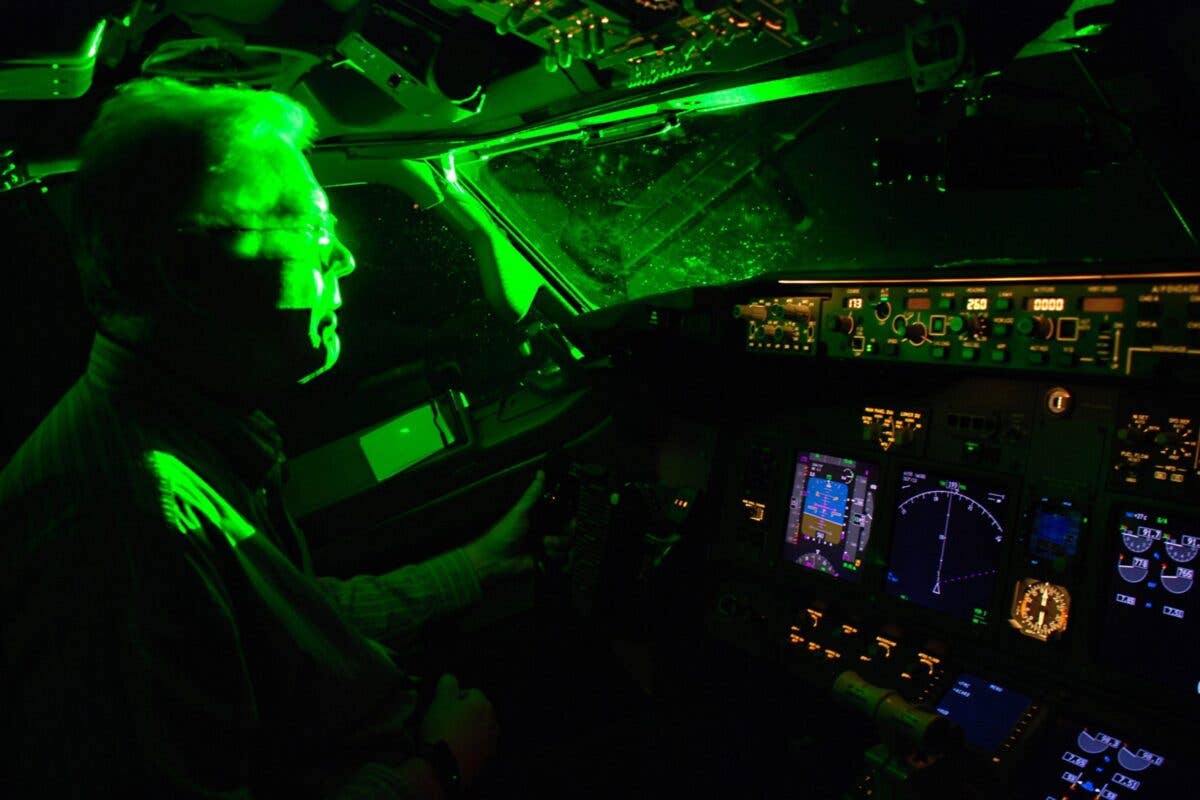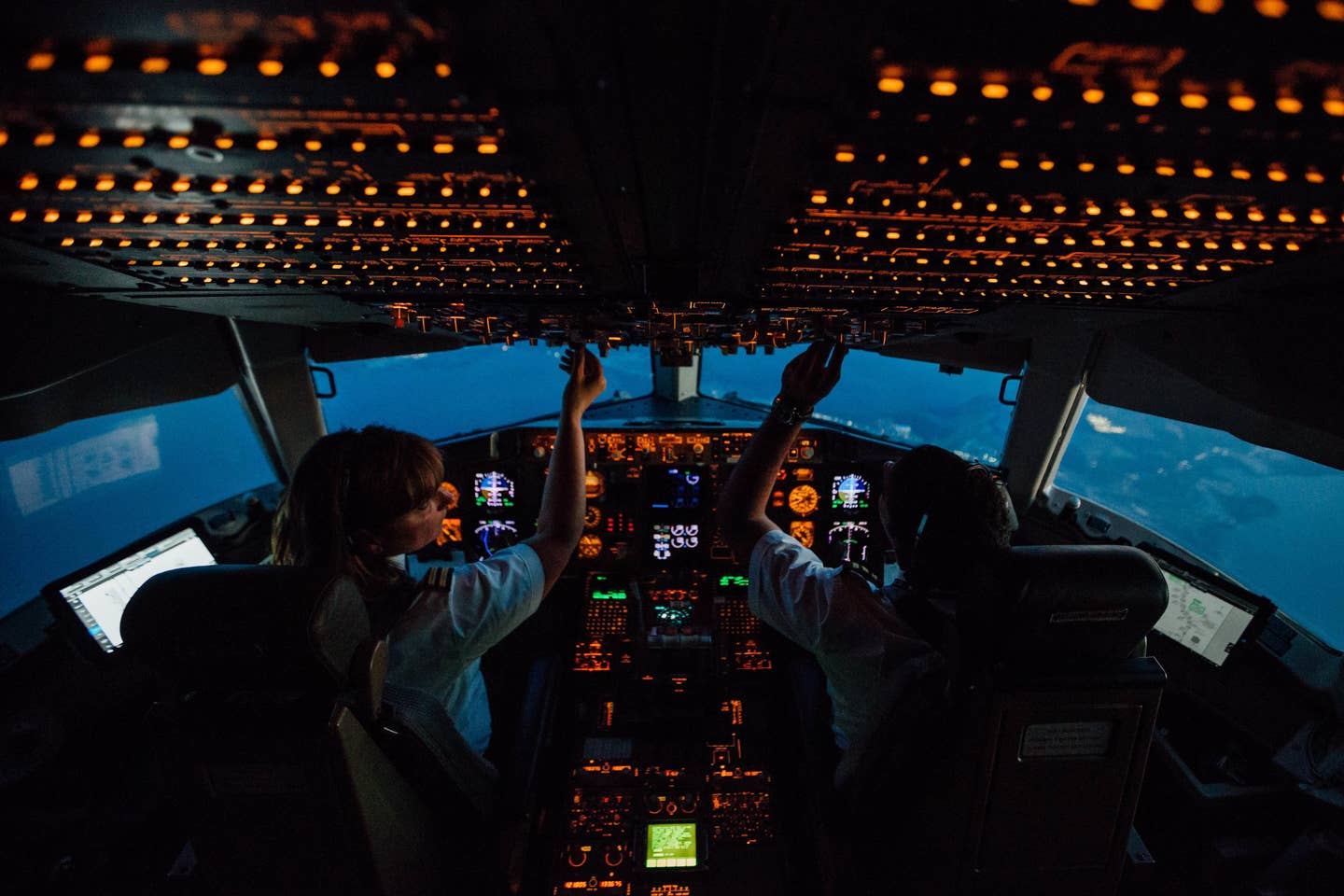
The state of Georgia knows that filling up cockpit seats is crucial to its economy. Taylor Zorzi, Delta Airlines
Through a combination of retiring personnel, expanding fleets, and a global pandemic, the U.S. is experiencing an ongoing shortage of pilots across the industry. Each state is scrambling to find a way to meet the increasing demand for air travel, and Georgia is leading the charge.
The Georgia House Appropriations Higher Education Subcommittee recently hosted multiple aviation industry leaders to address the pilot shortage and examine potential avenues to pump up interest in the aviation field.
The Higher Education Subcommittee was tasked with this issue to address early engagement with Georgia students—by increasing support for educational aviation programs, Georgia may be able to certify and maintain thousands of new aviation personnel.
According to the Georgia Department of Economic Development, the economic impact of the aerospace industry is $68.2 billion.
Delta Airlines, Georgia’s largest employer, sent vice president of flight operations Patrick Burns to testify before the subcommittee about Delta’s role in increasing recruitment and retention in the aviation business. Burns was accompanied by Joe McDermott, the managing director of people development and culture at Delta Tech Ops.
“There’s two things that are going on and we hear about the pilot shortages overall, but we also have an aging workforce within the technician workforce. About 50 percent of our workforce is retirement eligible,” McDermott said.
Delta alone has already hired 2,000 residents of the state of Georgia this year. They previously formed 52 partnerships with schools across the country and, according to McDermott, partnered with every single school in the state. Delta, according to their recovery plan, is anticipating 4,800 pilot retirements between now and 2030.
By The Numbers
“Our programs start as early as middle school and high school, where our efforts include expanding the diversity of young people entering the field,” Burns said.
Delta’s Propel Pilot Career Path Program began in 2018 and initially partnered with universities in multiple states. Auburn University, Middle Georgia State University, and Western Michigan University are just three of the first eight schools involved. Now, Delta has partnered with a total of 14 schools, with more to come in the near future.
Georgia isn’t the only state to address the ongoing shortage. Earlier this year, Southern Utah University received $320,000 in legislative funding to support workforce initiatives and educational programs to expedite the training of brand new pilots and maintainers.
The concern over the lack of diversity in the industry was echoed by Adon Clark, dean of the School of Aviation at Middle Georgia State University.
“In the past, the airlines and the aviation industry has relied on getting a lot of retired military and former military folks; they’re not even producing enough now,” he said. “So we’ve got to diversify this field to get to where we need to be.”
Georgia’s largest manufacturer, Gulfstream Aerospace, sent service center director Kasie Jenkins to speak to the subcommittee. Gulfstream employs 10,000 Georgia residents, a quarter of which are veterans.
Gulfstream has also partnered with multiple high schools and career academies to create aviation workforce pipelines and Student Leadership Programs (SLPs) to ease the transition from K-12 education to undergraduate certifications.
The chairman of the subcommittee, Rep. David Knight, a Republican from Griffin, opened the roundtable discussion by sharing his concern over the shortage.
“This is an important part of Georgia’s economy,” he said. “It’s a state issue.”

Sign-up for newsletters & special offers!
Get the latest FLYING stories & special offers delivered directly to your inbox

